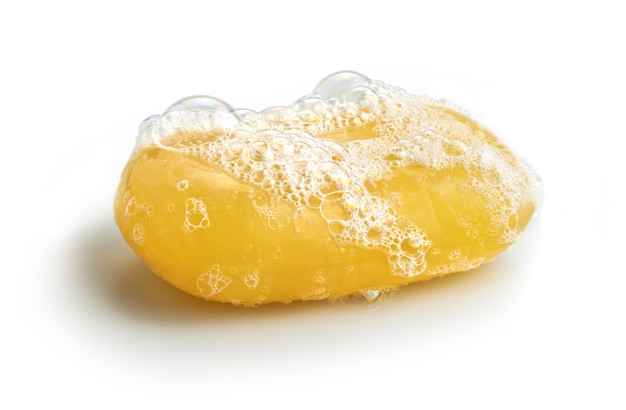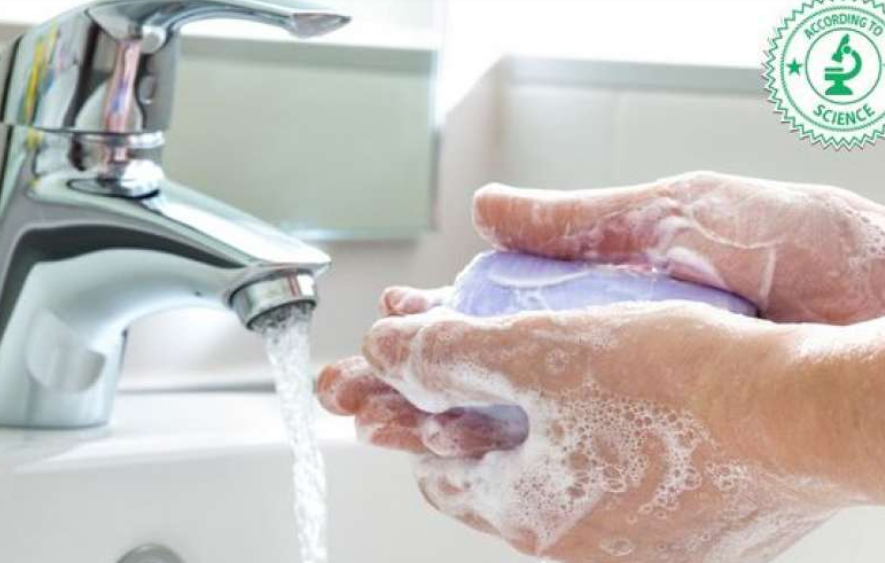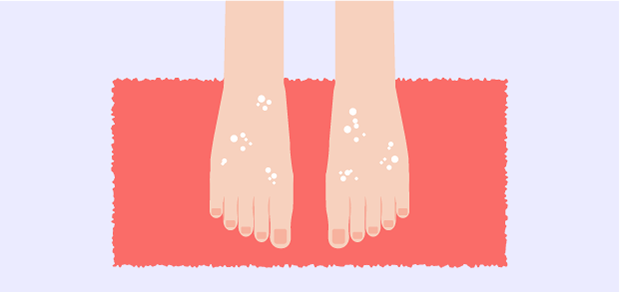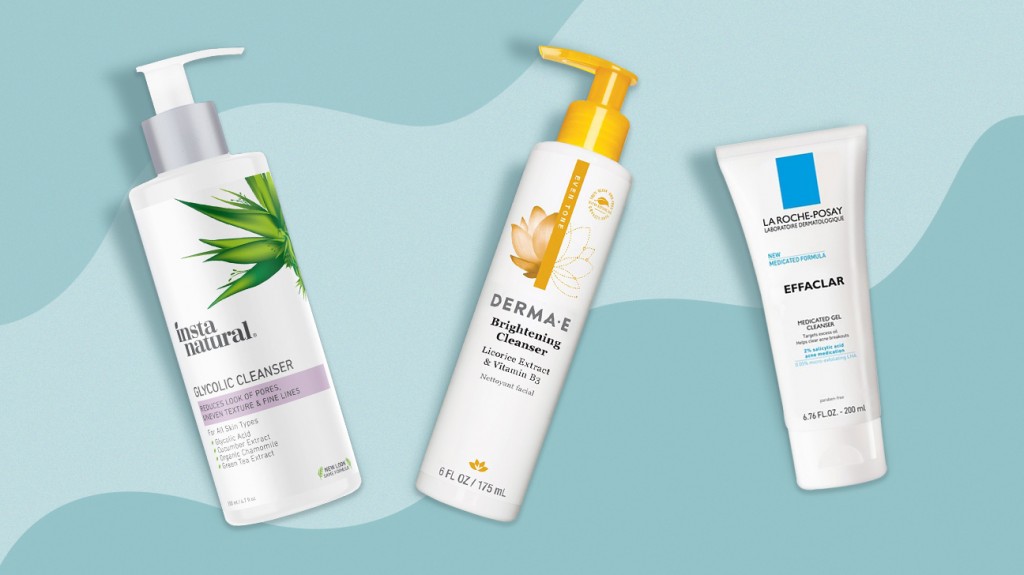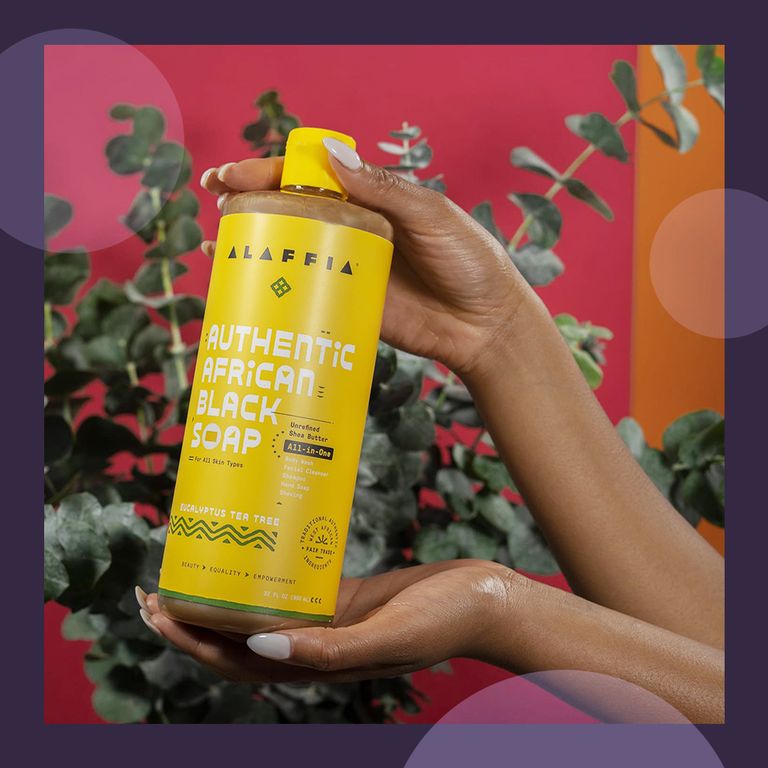
You’ve tried face creams, serums, sheet masks, and more to try and clear up a variety of skin issues, but how many times have we turned to Mother Earth for the answer? News flash: There’s an array of botanical skincare ingredients that can help calm down nearly any skin-related situation, and you’re probably missing out on them.
Here’s one of our favorites: African black soap. This skincare multihyphenate does just about everything that your whole skin routine can, in just one simple ingredient. Below, we dive deep into this skincare wunderkind with board-certified dermatologist, Peterson Pierre, M.D., of the Pierre Skin Care Institute — plus, we share a few of our favorite African black soap-infused skincare products.
